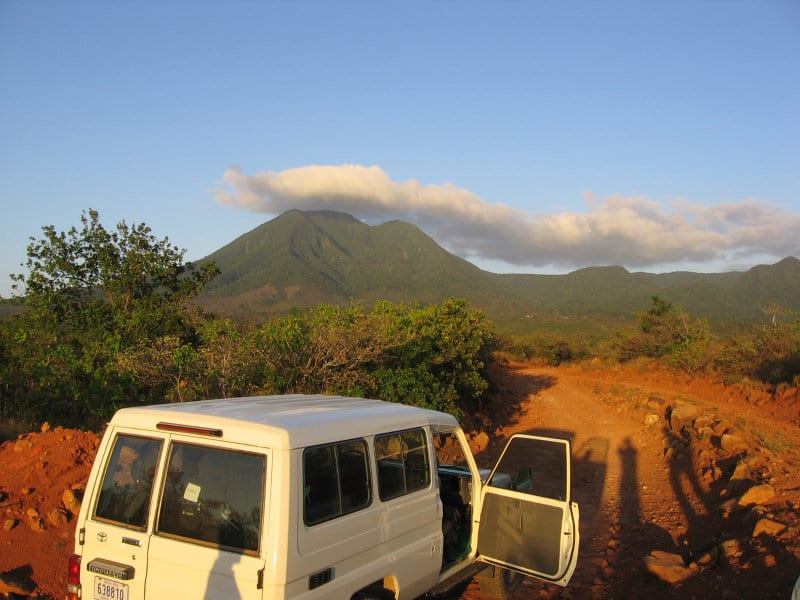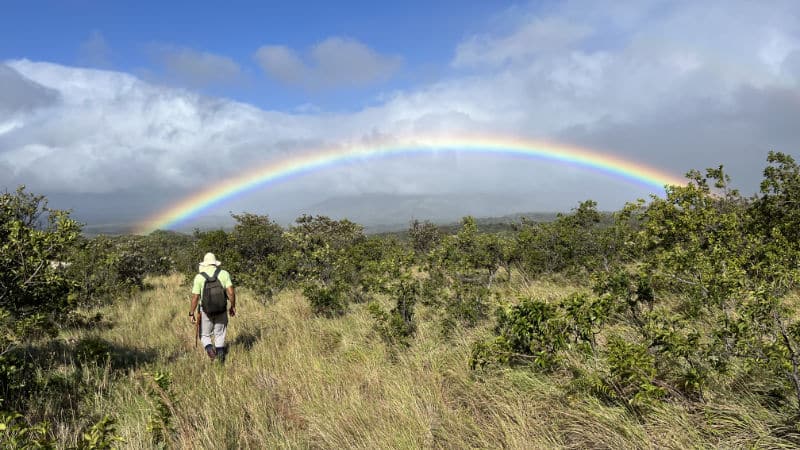Tropical Freshwater Research Unlocks One of Nature’s Secrets
Published on by Water Network Research, Official research team of The Water Network in Case Studies
To make environmental predictions that will hold fast in a world full of variation, natural scientists study a diversity of ecosystem types. What is true for a stream in Pennsylvania may not hold for streams on other continents. Yet just as principles of physics and chemistry hold true regardless of location, so too should well-founded ecological theories hold in environments across different continents. For example, since the mid-1970s, ecosystem ecologists have known that, in nearly all ecosystems, globally, most of the energy captured by plants through photosynthesis bypasses animals and passes directly to decomposers (i.e., bacteria, fungi, and archaea).
When Daniel Janzen, the world-renowned evolutionary ecologist, came to Stroud Water Research Center in the late 1980s, he brought with him experience from the Área de Conservación Guanacaste (ACG) of Costa Rica. Home to relatively undisturbed forest streams across a range of ecosystems within a concentrated area, ACG provided an opportunity to build partnerships that would allow access to unstudied tropical streams.


Janzen encouraged Stroud Center scientists and supporters to visit and explore the area. The result was the establishment of Maritza Biological Station in 1989. The ongoing 30-year scientific research program that has resulted is a key component in understanding stream dynamics across the globe. My own research is a good example of this.
Attached link
https://stroudcenter.org/news/freshwater-research-tropical-systems-unlocks-secrets/?utm_source=Freshwater+E-News&utm_campaign=502af7b9b8-EMAIL_CAMPAIGN_2024_UPSTREAM_ISSUE_2&utm_medium=email&utm_term=0_a326fc58bf-502af7b9b8-123397504Taxonomy
- Research
- Environmental Conservator
- Environmental Impact
- Environmental Engineering
- Environmental